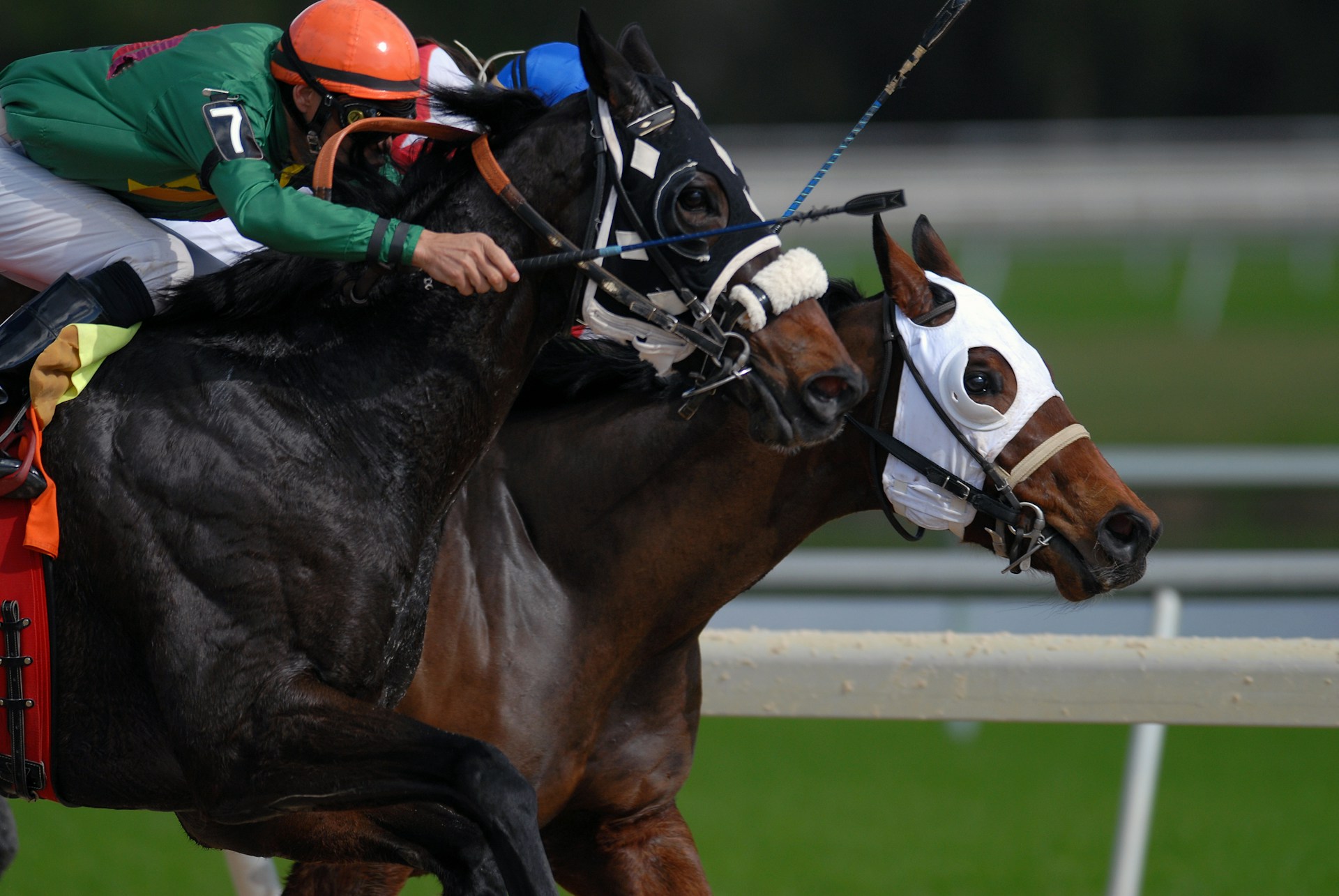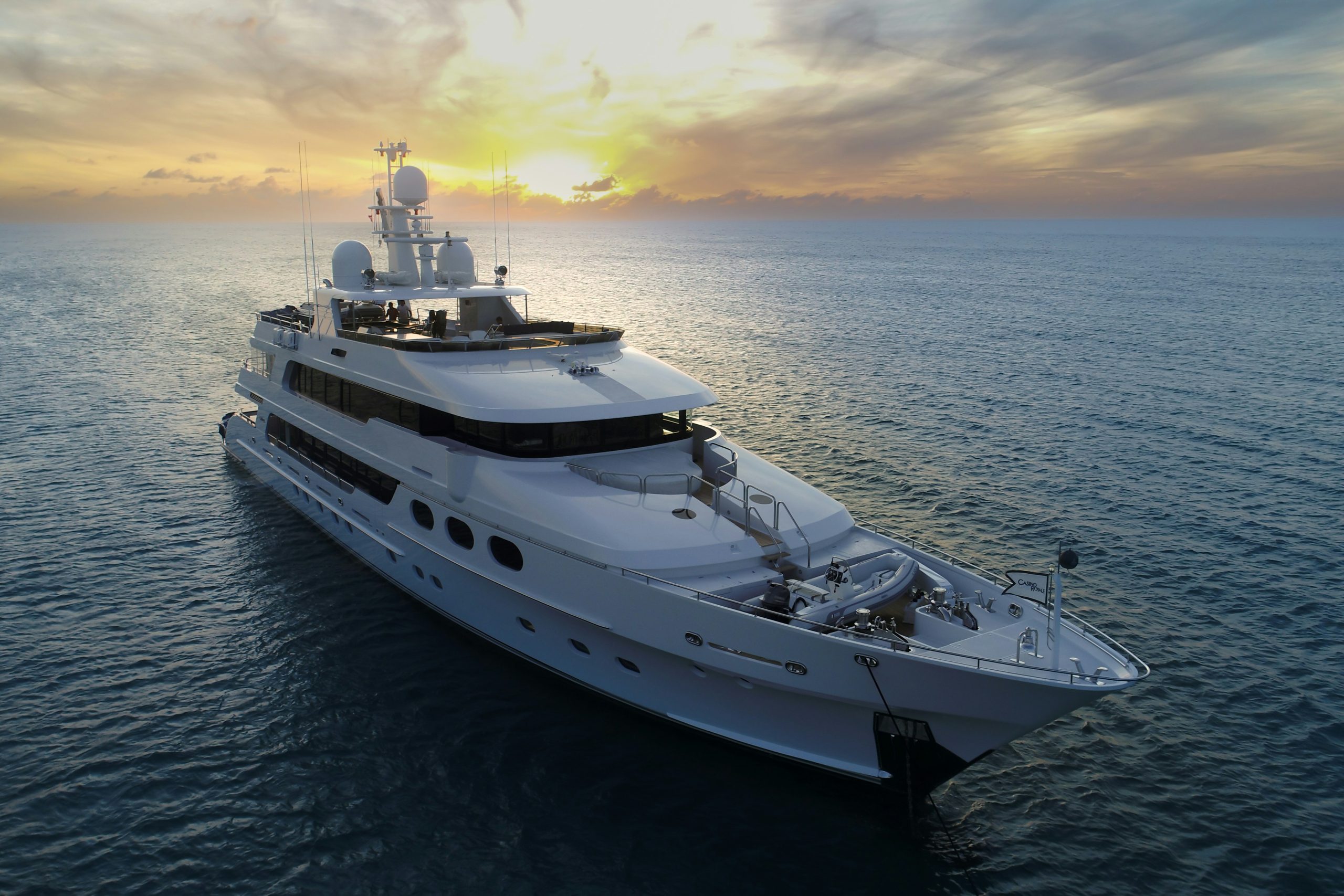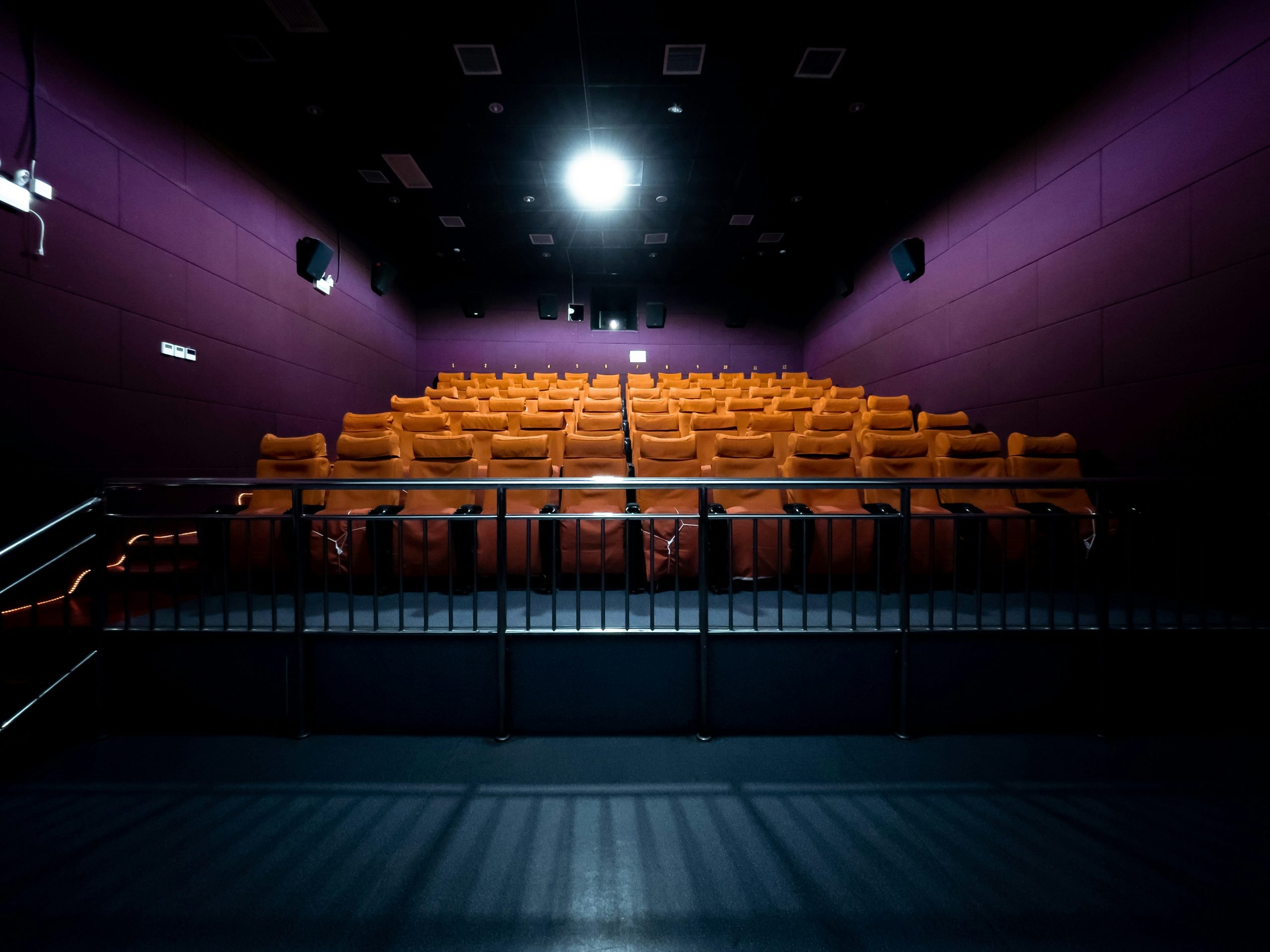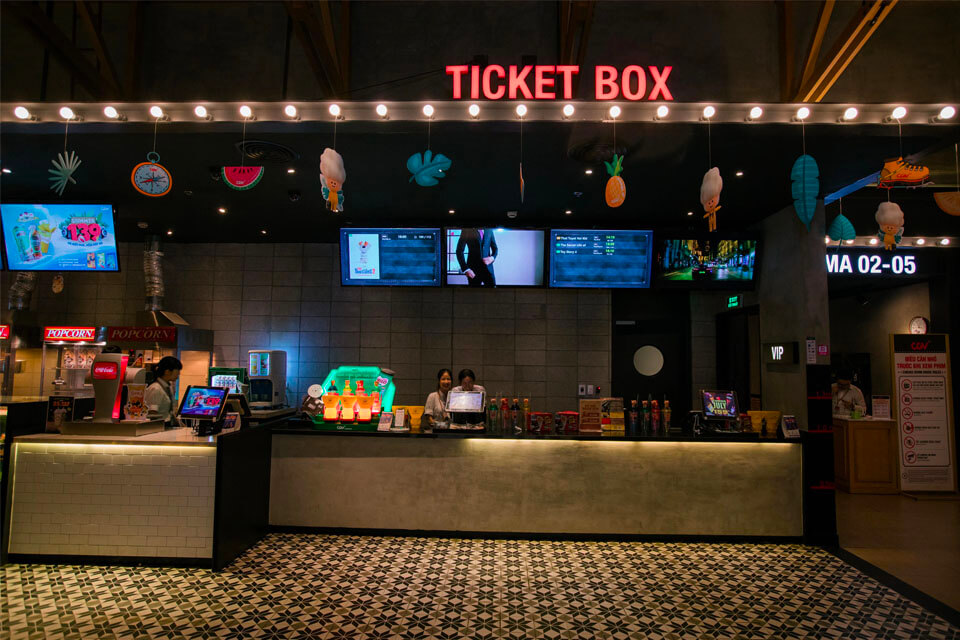
07Jul2025
Highlight content / Industry Reviews / Latest News & Report
Comments: No Comments.
Seven years have passed since the Vietnamese government legalized sports betting in 2017. The horse racing industry has started to move forward in some areas, but the reality is that there are still no official racecourses with gambling. Large-scale projects under development in various regions are being held up by the “invisible barriers” of the establishment of legal systems and the complexity of administrative procedures.
Only two establishments are open, neither of which has a gambling license
Currently, there are only two horse racing facilities operating in the country: Dai Nam Racecourse (Binh Duong Province), which opened in 2017, and Vinpearl Equestrian Academy (Hai Phong City), which opened in 2024. Both are operated only as events and sports, without full-scale gambling, and they have yet to obtain licenses for gambling operations. In addition, development plans for large-scale horse racing courses in Soc Son District, Hanoi, Lam Dong Province, and Vinh Phuc Province are also progressing slowly due to delays in obtaining licenses and administrative procedures.
[Figure 1] Major large-scale equestrian-related projects
| Racecourse name | Gambling License | Location | Area (ha) | Year of operation | investor | Investment amount |
| Vinpearl Horse Academy | × | Hai Phong | 30 | 2024 | Vin Group | N/A |
| Dai Nam Racecourse | Applying | Binh Duong | 60 | 2017 | Dai Nam | 80 million USD |
| Soc Son Racecourse | Applying | Hanoi | 125 | Under Construction
(2019~) |
Charm VIT
(South Korea) |
420 million USD |
| Thien Ma Madagui | Applying | Lam Dong | 70 | Under Construction
(2011~) |
Thien Ma Madagui Racing | 64 million USD |
| Vinh Phuc Complex | Applying | Vinh Phuc | 200 | Planning Stage | GOMAX I&D
(South Korea) |
1.5 billion USD |
Even though it has been legalized, there are still many obstacles to its operation
The foundation for the legalization of gambling in Vietnam was established with the enforcement of Decree No. 06/2017/ND-CP in 2017. This decree officially legalized horse racing, dog racing, and football betting as part of a broader policy aimed at promoting the tourism and entertainment industries.
In fact, according to Statista, gambling revenue in Vietnam is expected to reach 3.8 billion USD in 2024, making it a growth area that cannot be ignored by the national finances [1]. The Soc Son Racecourse project being promoted by Hanoi City is expected to generate tax revenue of up to 250 million USD per year [2]. In addition, a complex development including a casino, resort, and luxury hotel is planned adjacent to the racecourse, and it is positioned as the core of regional development rather than a standalone facility.
The market has great future potential, but foreign capital entry remains difficult
Despite the attractiveness of the market, there is still no precedent for a foreign investor to obtain a gambling license. The main reasons for this are the Vietnamese government’s cautious stance and the complexity of legal and administrative procedures. In addition, horse racing operations require the acquisition of vast swaths of land, which requires a huge amount of time and coordination for land use rights acquisition, customs procedures, construction approvals, etc. It is also difficult for foreign companies to acquire land on their own, so the presence of a reliable local partner is essential.
Equestrianism is also being promoted, and cultural infrastructure is being developed
In addition to horse racing, there are currently riding and training facilities in operation in 16 provinces and cities in Vietnam, with the largest number of horses in Hanoi and the Thien Ma Da Nguy Racecourse in Lam Dong Province [3]. In response to these trends, preparations are underway to establish an equestrian federation, and it is expected that a horse racing-related industry that integrates sports, tourism, and culture will develop.
The next step in the system is the key to market liberalization
Vietnam has already legalized horse racing gambling under its legal system, pointing the way to opening up the country. However, unless the system is effective and administrative transparency is in place, this will not translate into actual business. This is a major risk for foreign investors and is one of the reasons why they are cautious about entering the country.
The horse racing industry has great potential for growth as a sector that combines tourism, entertainment, and sports. However, to realize this potential, deregulation and administrative support from the government, as well as the creation of an environment for collaboration between domestic and foreign investors, are essential.
[1] Source: Statista (German online data platform) ” Industry Revenue of ” Gambling & Betting Activities “ in Vietnam from 2012 to 2024 ” (December 2023)
[2] Source: Tu oi Tre (Ho Chi Minh Communist Youth Union newspaper), ” Hanoi city proposes building a horse racing track worth around USD 500 million ” (January 2024)
[3] Source : Bao Kinh Te Do T hị (Hanoi City People’s Committee Newspaper) ” Developing equestrian sports to promote tourism ” (May 2023)
* If you wish to quote any information from this article, please kindly cite the source along with the link to the original article to respect copyright.
| B&Company
The first Japanese company specializing in market research in Vietnam since 2008. We provide a wide range of services including industry reports, industry interviews, consumer surveys, business matching. Additionally, we have recently developed a database of over 900,000 companies in Vietnam, which can be used to search for partners and analyze the market. Please do not hesitate to contact us if you have any queries. info@b-company.jp + (84) 28 3910 3913 |











